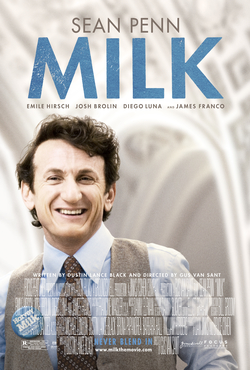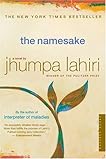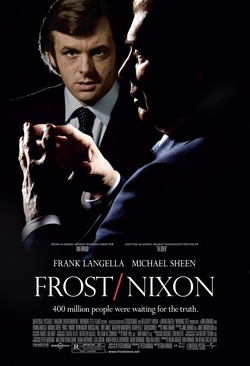
Julie and Julia is a story of two projects. Julia Child's book "
Mastering the Art of French Cooking" and Julie Powell's weblog "
The Julie/Julia Project". For Julia Child, the challenge was to learn French cooking and figuring out how to communicate. For Julie Powell, the challenge was to work her way through the 524 recipes of Mastering the Art of French Cooking in one year and writing about it in her blog.
So the story is of a project. But projects are not things that happen in a vacuum. And they exist in the context of life. And this movie is not just about two writing projects. It is about living life in the midst of writing projects. And in both cases, life is in the context of a marriage and job transistions. Julia Child book was written while her husband was pressured for their past work. (Julia Child and Paul Child served in the OSS during WWII in China. The OSS was the predecessor to the CIA. At the time depicted (1950s), there was a movement in the United States that considered wartime service to be reason for suspicion for treason.) And in the midst of transfers she was writing her book along with her co-authors in Paris.
In 2002 Julie was in a dehumanizing job after recently getting married and in the midst of a move, undertook this cooking and writing project. And it causes stresses at home (like any project that takes up time every day).
What do we see? We see two couples dealing with the stresses of life, of goals reached, obstacles encountered, setbacks, and successes. There are times when the everything is good, times when life is hard but the project provides energy and drive to get through the day, and times when the project threatens to suck the energy out of life. Or aspects of life become overwhelming. And the movie shows them dealing with this. Sometimes gracefully, sometimes otherwise.
Some thoughts. I had a professor who gave the advice that we should have many aspects of life, because in every aspect of life, there are good times and bad. And when life is single focused, it becomes subject to the changes of that one aspect of life. But a varied life provides a buffer that can withstand the winds of change that life inevitably provides. And the movie shows that, with both Julia and Paul Child taking terms having success and failure in their project/careers. And it allows them to support each other in each other's setbacks. In comparison Julie who allows the project to become her life, dominating their time at home.
And it is here that the movie shines. In particular with Julia and Paul Child, both living full lives, and supporting each other the good times and bad, and their relationship strengthening the whole way. Julie and Eric have it rougher. We do not see Julie supporting Eric as she uses her project to escape both her job and her family.
Now, do they learn? It does look that lessons were learned. One advice more commonly given to people who are recently married is they get into a fight, so they can learn how to make it through a fight. And so do Eric and Julie. We don't know if Julie has learned how to support Eric as he does her, but we presume that they have learned something about relating with each other as they celebrate with each other over the end of the project and her publishing deals.
It was a good movie. Not just a foodie movie, but a movie about two couples, figuring out life.



